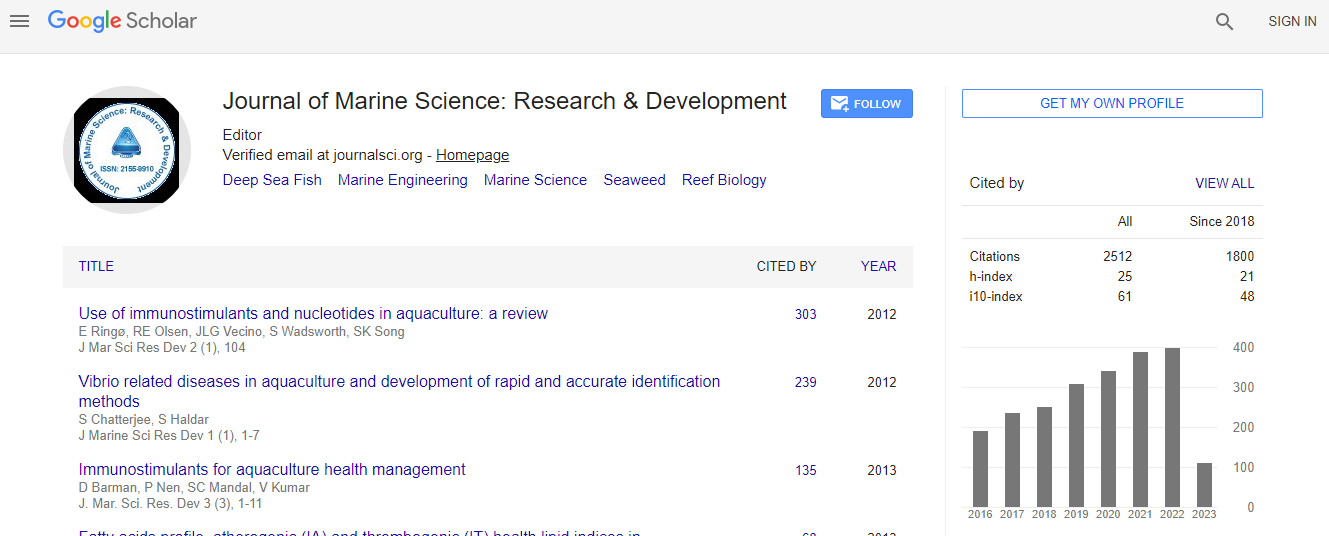Research Article
Climatic Consequences of Long-term Global Salination of Ocean
Gaspar Banfalvi*
Department of Biotechnology and Microbiology, University of Debrecen, Hungary
- Corresponding Author:
- Gaspar Banfalvi
University of Debrecen
Department of Biotechnology and Microbiology
Life Sciences Building 1.1021
Egyetem Square, Debrecen 4010, Hungary
Tel: 36 52 512 900
Fax: 36 52 512 925
E-mail: bgaspar@unideb.hu
Received Date: May 13, 2016; Accepted Date: June 03, 2016; Published Date: June 06, 2016
Citation: Banfalvi G (2016) Climatic Consequences of Long-term Global Salination of Ocean. J Marine Sci Res Dev 6:196. doi:10.4172/2155-9910.1000196
Copyright: © 2016 Banfalvi G. This is an open-access article distributed under the terms of the Creative Commons Attribution License, which permits unrestricted use, distribution, and reproduction in any medium, provided the original author and source are credited.
Abstract
The long-term salination of two major osmolyte systems, the ocean and the inner environment of vertebrates has been compared. The average osmolality of today’s sea (1.09 Osm) is more than three times higher than that of the blood of land vertebrates (~0.3 Osm). Of the two major strategies for ionic adaptation, in the first pattern the osmolarity of organisms (unicells, invertebrates, primitive vertebrates) equals that of the surrounding water, but the qualitative composition of body or cells fluid differ from those of the environment. In the second pattern of ionic adaptation advanced invertebrates and vertebrates maintain their energy consuming osmotic content and ionic composition of their extracellular environment. In spite of geological changes, terrestrial vertebrates maintained their physiological ionic concentration that corresponded to the sea at the time of their emergence in the Devonian era, rather than the osmolality of the ocean maintained its constancy. Paradoxically, the recent global melting of ice and snow with its temporary dilution effect is opposed by the long-term salination of the ocean. To resolve the contradiction between the salination process and its short term oscillations supported by Raoult’s law of dilute solutions, glacial periods favoring salination and interglacial periods of dilutions are: a) characterized as salinity fluctuations over geological ages, b) representing a dynamic osmolyte system against a general geochemical balance, c) directed towards a general salination process of oceans interrupted by glacial and interglacial oscillations. The gradually increasing salinity of ocean poses a long-term threat to the biodiversity and global life. It is assumed that unless mitigative measures of global proportion will be implemented, biodiversity of life on Earth will be endangered by the salinity of oceans and the shrinkage of the fresh water resources.

 Spanish
Spanish  Chinese
Chinese  Russian
Russian  German
German  French
French  Japanese
Japanese  Portuguese
Portuguese  Hindi
Hindi 